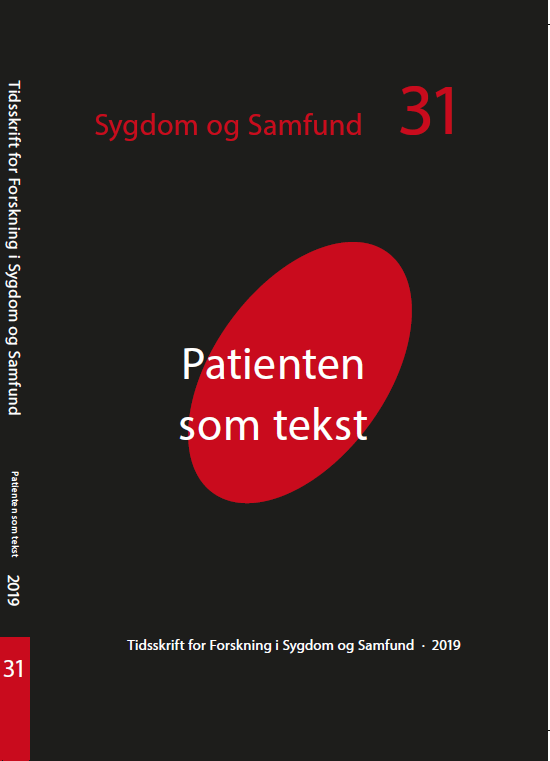Publiceret 2019-10-31
Citation/Eksport
Resumé
This article main concern is how professional authors and intellectuals develop illness narratives addressing the experience of having a brain tumour, and how this condition resorts to specific narratological features. Unlike pathographies written by laypersons, autobiographical accounts of illness developed by writers, and intellectuals create a narrative subjectivity that is specifically linked to their professional status rather than to their patient status which is simultaneous with the narrative time. In this article, we analyse two autobiographical novels, addressing the experiences of two European authors and intellectuals suffering from a brain tumour: A Journey Round My Skull (1939[1937]) by Frigyes Karinthy and Until Further Notice, I Am Alive (2012) by Tom Lubbock. These narratives on illness processes related to brain tumours are a place where writers resist the main symptoms and outcomes of this specific disease that, while affecting their cognitive capacities, seem to deprive them of their self-image as writers. Hence, these writings are based on the realignment of their past and present identities (Rimmon-Kenan, 2002: 15-18) always in connection with their images as authors. The comparative analysis presented here is intended as a contribution from the field of literary studies to the understanding of subjectivity in patients, whose narratives are not written to seek cure or to search for a cause or meaning for the disease, but to fight the loss of the writer-patient creative identity and ‘ipseity’ (Derrida, 2009).

